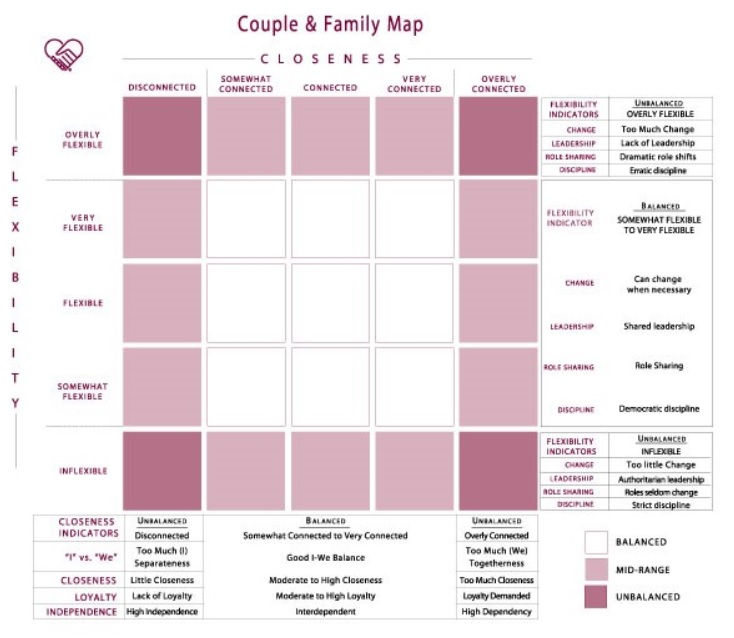How to Address our Need for Approval
- rogerlinpsyd
- Nov 8, 2022
- 4 min read
Updated: Nov 10, 2022
We live in a performance-based society. If you meet certain conditions, you will gain acceptance. This is true in parent-child relationships, academics, sports, work, and many other arenas of society. Some examples:
A parents says "I am proud of you", when their child earns good grades at school.
A company gives you a raise for performing well at work.
You receive a trophy for winning the tennis tournament.
A teacher writes, "A+" on the test, when you get all the questions correct.
This is how much our society works. You need to perform to earn acceptance. And it feels good to be accepted. It is natural for us to desire acknowledgement, validation, acceptance, and approval from others. We want to belong, we want to be accepted.
However, if we focus too much on earning other people's approval of us, we may neglect the development of our true selves. Left unchecked and unaddressed, we can build too much of our identity based on what we've done and based on who accepts us for our accomplishments. This can lead us away from our authentic identity because we are trying to be who other people want us to be. For some, the habit of seeking people's approval can lead to an addiction of needing the approval of others. Even if they want to stop, they impulsively do what other people want them to do, craving their approval.
When you base too much of your identity on people's acceptance of you, your life can become filled with:
People pleasing, attention seeking behaviors,
Constantly changing, like a chameleon, who you are to appease the next person,
Telling lies because you think that people want to hear the lie and not the truth,
Intense fear of failure, rejection, disappointing others, letting people down,
Thinking and worrying that people don't like you,
Craving verbal affirmation,
Pursuing goals that other people want for you,
To the point where you do not not even know who you are anymore.
The challenge then, is to have an identity that is independent of other people's opinions of you.
1. Define success personally.
Write down your goals, both short term and long term goals. Discern what percentage of each goal is motivated by wanting the approval of others. Then redefine your goal by making it personal: write down your own motivation for each goal.
For example:
Goal: I want to earn this academic degree/diploma.
Discern: This goal is 75% motivated because I want my parents to be proud of me.
Redefine personally: I want to earn this degree because it is an important step towards having a meaningful career to be financially independent."
2. Allocate your money, time, energy wisely.
Record how you spend your time, money, and energy for each week for one month. Assess how much time, money, and energy you are allocating to earn the approval of others.
If you see that much of your time, money, and energy is going to earn approval from others, make changes to your weekly activities, and schedule to do things that you want to do.
3. Practice acceptance.
No one is perfect. If you base your identity solely on your performance so that other people give you approval, then you may become overly critical and hard on your self. So much is riding on how you perform. We may develop a negative, critical internal voice.
Practice self-acceptance of your whole self, flaws in all, with daily affirmations.
4. "It doesn't matter."
Practice the mental mantra of, "It doesn't matter." We put a lot of pressure on ourselves to seek other people's approval. It is stressful and anxiety provoking. Begin alleviating that pressure by saying to yourself, "It doesn't matter."
5. Reframe criticism, correction, disapproval, and rejection.
Understand how you are reacting when people criticize you because you are so desperate for their approval. Practice reframing other people's opinions of you, by seeing it as constructive, impartial, not personal or destructive/attacking.
When someone criticizes you, practice saying, "Thank you for helping me improve and grow."
6. Practice saying "no".
When you are addicted to receiving approval from people, you habitually say "yes" to people without consideration of your own well-being. We may be over committing yourself, over-extending yourself, and may be mismanaging your priorities by saying "yes" all the time. You can't please everybody. There will be times where you will need to say no. Practice saying "no", even if it's a good thing, so you can say "yes" to the best things. Since you are not used to saying "no", rehearse and practice what to say, to say "no".
7. Give and receive unconditional love.
Although much of our society is based on conditions, there are opportunities to give and receive unconditional love. Unconditional love is being accepted regardless of good or bad things you've done. Unconditional love says: "I won't love you any more if you do something good. I won't love you any less if you do something bad."
Parental and caregiving love expresses unconditional, sacrificial acceptance. Close friendships can also grow in trust and commitment, that fosters the giving and receiving of unconditional love. Acts of generosity and altruism also presents opportunities for unconditional love to be experienced.
8. Build your identity based on your intrinsic value.
There is a version of yourself that exists independently of others’ opinions, desires, and needs for you. Who are you apart from what you do and what others say about? You don't have to earn your identity. You don't have to be accepted by someone else to be valuable. You have intrinsic value because you are human. You have thoughts, ideas, passions, hopes, and a personality that make you unique. You are valuable just the way you are.

Comments